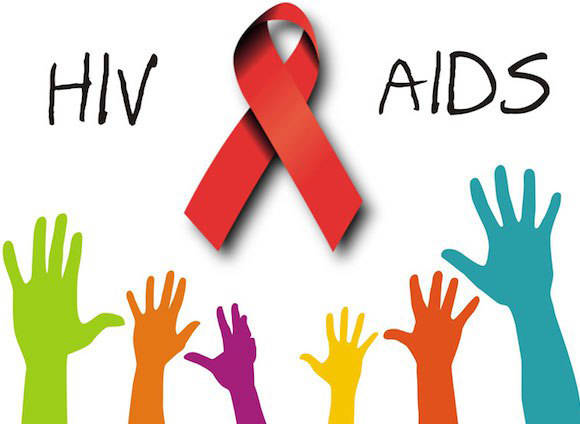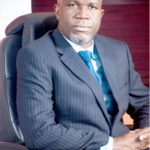The National Agency for the Control of AIDS (NACA) has said vigorous community engagements would help accelerate national HIV response in the country.
NACA Director-General, Dr Gambo Aliyu, who stated this in ommemoration of the 2019 World AIDS Day (WAD) which comes up every 1st December, said communities have been playing critical roles in the epidemic control adding that such efforts need an urgent scale-up to address the reality of shrinking international funding.
Dr Gambo said WAD 2019, which was themed: “Communities Make the Difference,” is to recognize the essential role that communities have played and continue to play in the AIDS response at the international, national and local levels.
He said such communities includes, a network of people living with or affected by HIV, women and young people, peer educators, counsellors, community health workers, door-to-door service providers, civil society organisations, religious and traditional leaders, policymakers and activists.
He emphasised that efforts of such communities ensure that HIV remains on the political agenda and galvanize international and national funding for HIV.
This, he said, is due to vital roles such communities play in terms of facilitating an enabling environment that promotes equal access to HIV prevention, treatment and care services for Nigerians; safeguarding the rights of Nigerians living with HIV and holding decision-makers and implementers accountable.
Earlier at a press conference to mark the day, the Minister of Health (FMoH), Dr Osagie Ehanire, said Nigeria has increased the amount of its HIV funding with 20 percent ahead of the previous funds, saying 50,000 people will equally receive free treatment this year.
“I think with this, you can believe me that we are committed to end HIV by the year 2030,” he said.
The Minister lauded the effort of stakeholders and development partners for their support and cooperation to the ministry in the fight against HIV/AIDS in Nigeria.
In his remarks, the Permanent Secretary of the health ministry, Abdullahi Mashi, noted that 23 million people have access to HIV treatment every year.
He stressed that the ministry is always working alongside other stakeholders to ensure appropriate treatment for all in the country.

 Join Daily Trust WhatsApp Community For Quick Access To News and Happenings Around You.
Join Daily Trust WhatsApp Community For Quick Access To News and Happenings Around You.
